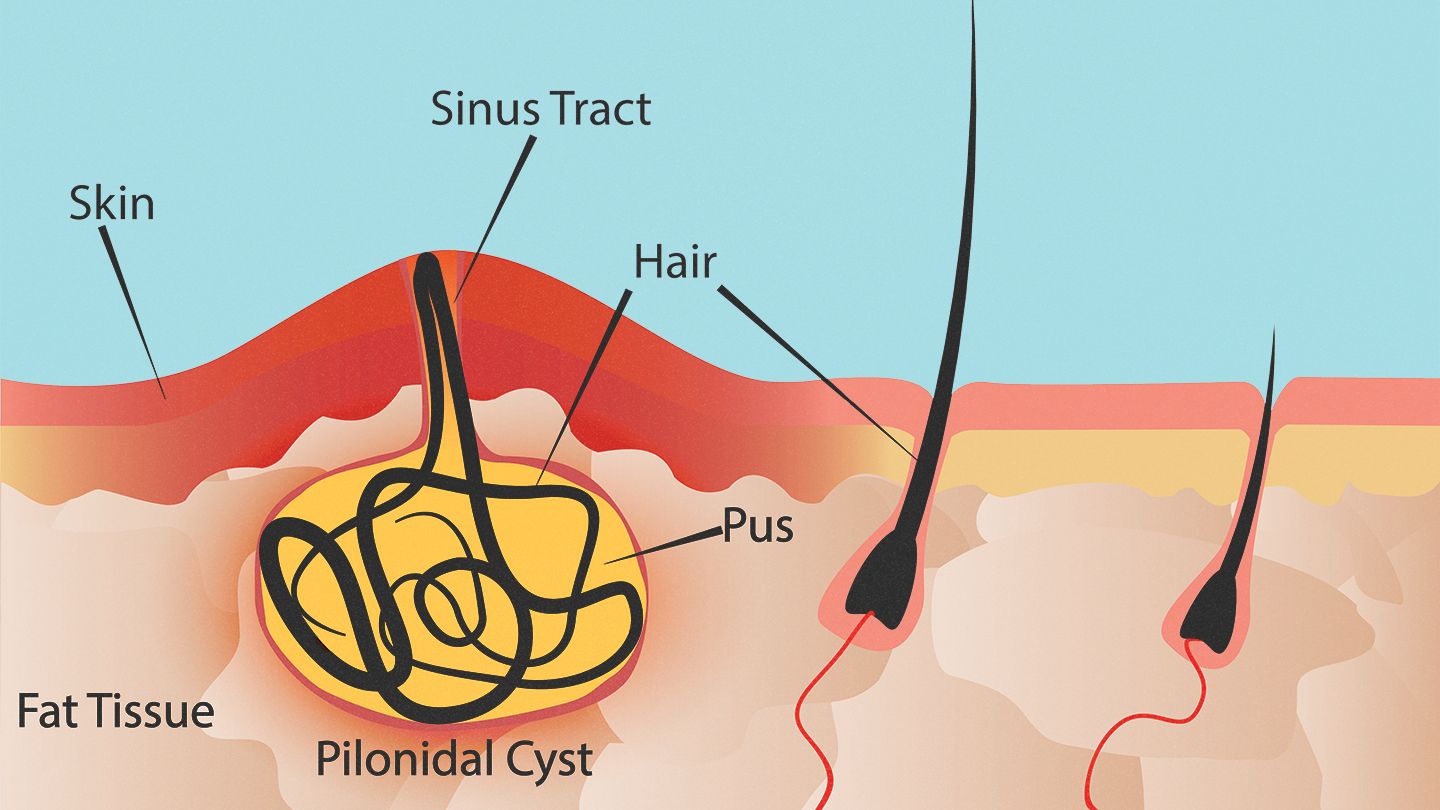Understanding Sore Throat and Ear Pain
Experiencing a sore throat and ear pain at the same time can be uncomfortable and frustrating. However, it's important to understand the potential causes behind these symptoms so that appropriate treatment can be sought out.
Common Causes of Simultaneous Sore Throat and Ear Pain
There are a few common culprits that could be to blame when you're dealing with a sore throat and ear pain concurrently:
- Viral infections - Viruses like the common cold, flu, mononucleosis, and laryngitis can all cause inflammation in the throat that leads to a sore throat. At the same time, congestion and swelling from these viruses can travel to the Eustachian tubes and ears, resulting in ear pain.
- Strep throat - Strep throat, which is caused by group A streptococcus bacteria, is a common cause of sore throats. The infection can also spread to the ears, leading to an earache.
- Ear infections - Ear infections, like swimmer's ear or middle ear infections, commonly cause ear pain. The sore throat can develop from congestion draining down the throat from the ears.
- Tonsillitis - Infection and inflammation of the tonsils (tonsillitis) typically presents with a severe sore throat. Ear pain can occur from shared nerves between the throat and ears.
- Peritonsillar abscess - A collections of pus behind the tonsils (peritonsillar abscess) is very painful and can feel like a sore throat. Ear pain can develop from throat swelling and inflammation that reaches the ears.
Differentiating Between Viral and Bacterial Infections
Figuring out whether a sore throat and ear pain are caused by a virus or bacteria is important, since antibiotics are only helpful against bacterial infections. Here are some clues to tell what's causing the problem:
- Viral infections tend to come on gradually and often include other cold and flu symptoms like runny nose, cough, congestion, sneezing, watery eyes, fatigue, and muscle aches.
- Bacterial infections like strep throat tend to come on quickly and with fewer other symptoms besides the sore throat itself.
- Viral sore throats tend to hurt worse when swallowing, while bacterial sore throats hurt even when not swallowing.
- Fever, swollen lymph nodes, tiny red spots on the roof of the mouth, and white patches in the throat point more to a bacterial origin.
- Ear pain related to a sore throat is more likely to be from a virus rather than bacteria.
Seeking Medical Care
Make an appointment with your primary care physician if your sore throat and ear pain persist beyond a few days or are associated with:
- High fever (over 101°F)
- Severe pain that prevents eating, drinking, or sleeping
- Trouble breathing
- Very swollen glands
- Severe headache or stiff neck
- Rash
Let your doctor know all your symptoms so they can run any necessary tests, like a rapid strep test or throat culture, to determine the cause. Most sore throats don't require antibiotics. But your doctor may prescribe them if you have a bacterial infection like strep throat.
Treatment Options
A number of self-care measures and over-the-counter (OTC) medications can help soothe a sore throat and ear pain at home:
- Gargle with warm salt water to ease throat irritation.
- Suck on lozenges or hard candies to coat and numb the throat.
- Use throat sprays or lozenges containing phenol and anesthetics to temporarily numb the throat.
- Take OTC pain relievers like acetaminophen (Tylenol) or ibuprofen (Advil) to reduce throat and ear pain.
- Apply a warm compress to the ears and sides of the throat for relief.
- Use eardrops with pain relievers like benzocaine to numb ear pain.
- Get extra rest and drink plenty of fluids.
- Use a cool mist humidifier to add moisture to the air.
While most cases of sore throat and ear pain improve within 3-5 days, see your doctor if symptoms linger or worsen even with treatment at home.
Preventing Future Occurrences
Practice good hygiene and healthy habits to avoid coming down with viruses and infections that could cause sore throat and ear pain:
- Wash hands frequently with soap and warm water.
- Disinfect commonly touched surfaces like doorknobs, phones, and keyboards.
- Avoid close contact with sick people.
- Refrain from sharing food, drinks, utensils with others.
- Get a flu shot every year.
- Don't smoke or expose yourself to secondhand smoke.
- Stay up to date on immunizations to prevent infections like pneumonia that can cause sore throat.
- Avoid swimming in public pools if you have open cuts or sores that could become infected and lead to swimmer's ear.
Dealing with a sore throat and earache simultaneously can make anyone miserable. However, understanding the most likely causes and pursuing appropriate treatment can help you find relief faster.
FAQs
What causes a sore throat and earache at the same time?
The most common causes of simultaneous sore throat and ear pain are viral infections like a cold or flu, strep throat, ear infections like swimmer's ear, tonsillitis, and peritonsillar abscess.
How can I tell if my sore throat is from a virus or bacteria?
Viral sore throats tend to come on gradually with other cold symptoms, hurt more when swallowing, and are associated with ear pain. Bacterial sore throats start quickly with fewer other symptoms, hurt even without swallowing, and have fever, swollen lymph nodes, and throat patches.
When should I see a doctor for a sore throat and earache?
See your doctor if you have a high fever, severe pain preventing eating/drinking, trouble breathing, very swollen glands, headache, stiff neck, or rash along with your sore throat and ear pain.
What are some home remedies for sore throat and ear pain?
Home remedies include warm saltwater gargles, throat lozenges/sprays, OTC pain medication, warm compresses, eardrops, rest, fluids, and humidifiers. See a doctor if symptoms persist beyond 3-5 days.
How can I prevent getting a sore throat and earache again?
Preventive tips include good hygiene like handwashing, avoiding sick contacts, not sharing utensils, getting a yearly flu shot, not smoking, staying updated on immunizations, and avoiding swimming with open cuts that could become infected.
Disclaimer: This article is for informational purposes only and does not constitute medical advice. Always consult with a healthcare professional before starting any new treatment regimen.
Related Coverage
Learn about common and serious Relenza side effects so you can make informed decisions when treating or preventing the flu....
Organic cough remedies like honey, ginger tea and eucalyptus provide soothing relief without dyes, alcohol or additives. Learn to make your own organic cough medicine....
Learn the correct pronunciation of mucus (myoo-kuh s) and discover what causes excess mucus production, key symptoms, and possible treatment options....
Discover natural ways to find relief from flu misery including zinc, elderberry, vitamin D, garlic, soups, honey and more along with precautions for these home remedies....
Alka-Seltzer and NyQuil both treat cold and flu but contain different active ingredients. Know when to use each for symptoms like cough, fever, body aches....
Naturopathic medicine provides complementary care emphasizing natural treatments, prevention and root causes of illness. Explore top naturopathic doctors in Gilbert, AZ....
Sore throat and earache often stem from the same underlying illness. Learn about the most common causes of simultaneous throat and ear infections and the best treatment approaches....
Learn whether you can take NyQuil 4 hours after Sudafed decongestant based on differences, side effect risks, dosing guidelines and what to do if interactions occur....
Ibuprofen and Mucinex attack different cold symptoms without interacting. Learn how pairing these over-the-counter medications provides comprehensive relief....
From first signs through recovery, learn what to expect each day of a typical cold. Get tips to ease sore throats, congestion, coughs plus advice on complications....








